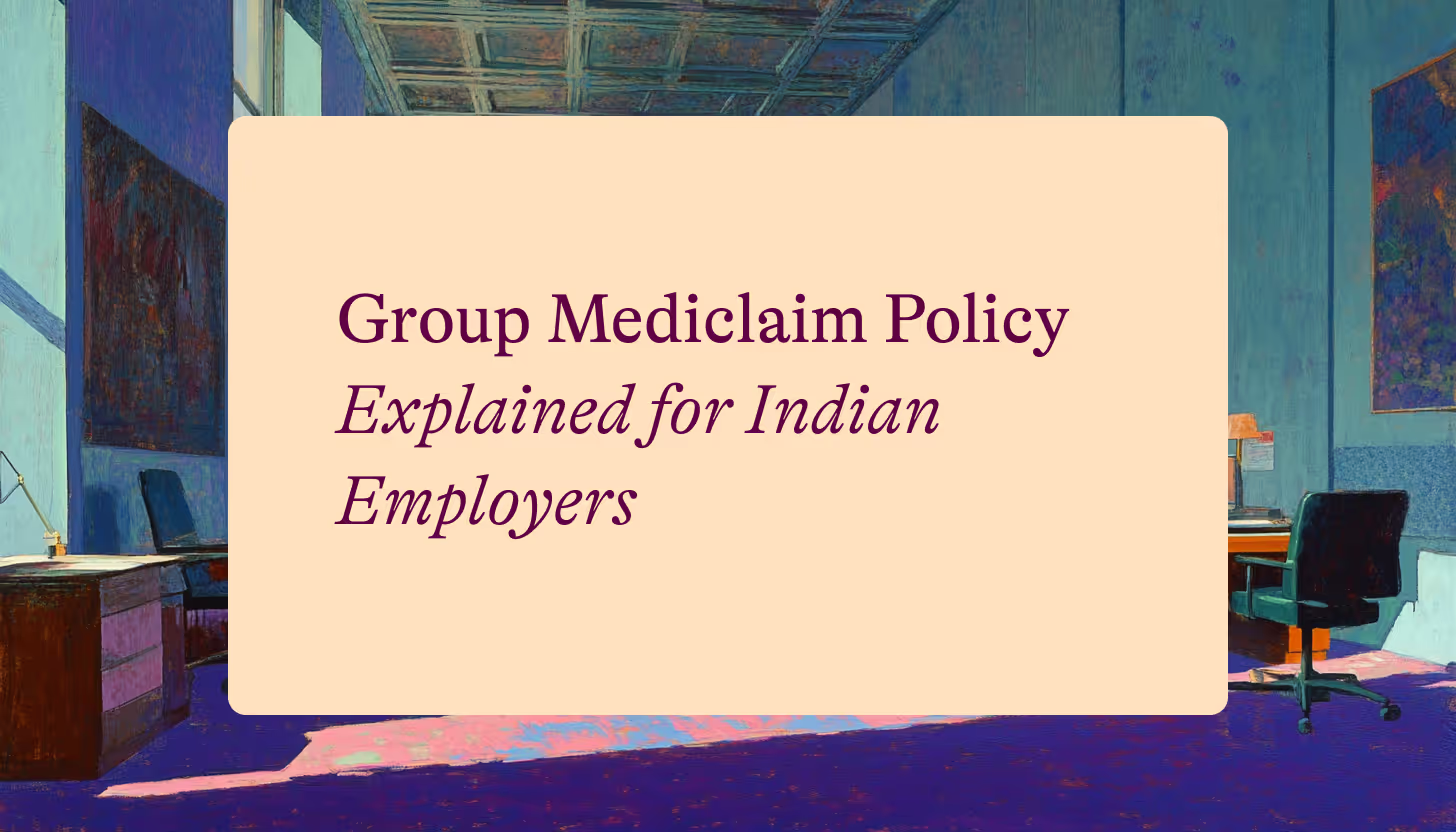“We are embedding health and well-being at the heart of our business strategy because our people are our greatest asset, and we recognize that a healthy, happy, and committed workforce is vital to our business success.” - Alex Gourlay, MD, Boots UK
2020 was a year of learning for companies all over the world. Not only did it bring forth a lot of challenges, but it also taught companies all over the globe many lessons. For instance, most companies have had to pivot their business strategy because of the pandemic and everything that followed.
Right from shifting to a remote setup to prioritizing employee healthcare, companies have had to make a lot of changes. While some ideas and trends continued, many new trends emerged in 2021. One of the biggest impacts has been on employee benefits and health insurance. Here’s how we think employee health insurance will evolve going ahead.
1. Increased Focus on Telehealth
The onset of COVID in 2020, exposed us to a fatal flaw that no one really considered before. ‘What happens if you can’t visit your doctor?’ The solution to this problem came in the form of telehealth and telemedicine. Telemedicine is when you’re consulting with your doctor or healthcare provider over a call or video call because you can’t meet them in person.
Earlier, telehealth was merely an add-on to primary care and primary health insurance. For instance, if your primary healthcare provider did not have the wellness requirements you need, you could use telehealth. However, things are quickly changing.
From 2016 through 2019, the use of telehealth in some medical specialties doubled from 14% to 28%. Thanks to many startups and the events triggered due to the pandemic, the industry is shifting towards assuming that a patient will use telemedicine as their primary source.
When compared with in-office visits, virtual healthcare visits were regarded by 62.6% of patients and 59% of doctors to be just as effective as in-office care. Thus, one of the biggest employee health insurance trends in 2021 is adding telemedicine in their healthcare plans, not as an add-on but as a standard inclusion in the policy.
{{group-insurance-quote="/web-library/components"}}
2. Embracing Zero Co-Pay
Co-pay or Co-payment is a fixed amount, usually, a percentage of your sum insured that you (the insured) have to pay for medical services. The rest of the amount is paid by the insurance provider.
Most group health insurance policies have a standard co-pay ranging from 10% to 20%.
Insurance companies introduce co-pays to keep the costs low and employers opt for it as it reduces their healthcare costs.
However, employees have to bear the brunt when it comes to medical expenses. It’s particularly troublesome as most are not aware of all the clauses and conditions. One of the emerging employee health insurance trends in 2021 is introducing zero co-pay.
If you want to understand how comprehensive benefits like zero co-pay can help your company, Plum can help you with that.
3. Mental Health is a Priority
"There is a huge concern about employees' mental health during the pandemic, especially people living alone," said LoriAnn Penman, SHRM-SCP, director of human resources at TTC Inc.
The stress of coronavirus alone contributed to the deteriorating mental health of people worldwide. Many adults reported specific negative impacts on their mental health and wellbeing, such as difficulty sleeping (36%) or eating (32%), increases in alcohol consumption or substance use (12%), and worsening chronic conditions (12%), due to worry and stress over the coronavirus.
If you factor in other circumstances like isolation due to lockdowns, financial insecurity, and the overall emotional burden, COVID-19 was as much of a mental pandemic as it was a physical one. This does reflect how companies over the world began to prioritize the mental health of their employees as well.
According to a survey by Mercer, 25% of companies are considering enhancing mental health support, such as employee assistance programs or additional services. 36% of large employers surveyed said they’re expanding access to mental health services, and 91% will offer virtual counseling in 2021.
4. Added Voluntary Benefits
Every employee has different requirements and the past year has only exposed this further. While some employees were okay with the newly developing remote work scenario, many struggled with the situation.
This could be because they may not have the required private space at home or like many, don’t like the isolation that comes with working from home. The same goes for employee healthcare. Some employees need maternity cover because they’re planning to start a family, while some need extra cash in hand to deal with any medical emergencies.
The focus on adding voluntary benefits speaks a lot about how healthcare is now being viewed as a more holistic concept, and rightfully so. There are many factors that contribute to the health of your employees.
If they have some stress at home, it directly affects their productivity at work. Whether it is their concern about the cost of childbirth or about coping with their mental health, these are all building blocks of employee wellness and health.
{{group-insurance-quote="/web-library/components"}}
Key Takeaway
COVID-19 has permanently changed how employers approach employee healthcare. Since COVID has long-term effects, it’s understandable that its effects are far-reaching.
While 2020 was all about survival, employee health insurance trends in 2021 is about emerging from what’s left behind. These healthcare trends are a mere indication of the changing tides in the healthcare industry. As an employer, you have to consider both long-term and short-term gains while deciding your employee healthcare plan.
With services like access to doctor consultations, focus on mental well-being, and fitness centres, Plum helps you stay on top of the employee health insurance trends by giving you a comprehensive health plan that’s best suited for your company.
.avif)










.avif)














